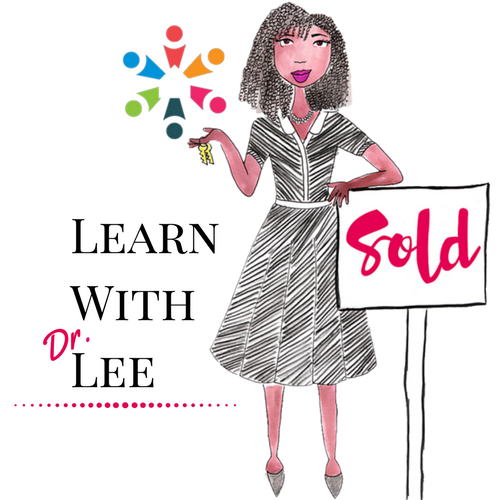Latest From Our Playbook
Check out these strategies "hot off the press":
Will Your Chatbot Get You "Canceled"? 10 Coaching Questions for Responsible AI
 Will Your Chatbot Get You "Canceled"? 10 Coaching Questions for Responsible AI
Will Your Chatbot Get You "Canceled"? 10 Coaching Questions for Responsible AI
As featured in HousingWire and Inman News. Photo by Mariia Shalabaieva on Unsplash . Would you stake your business success and long...
5 Coaches On How To Show Your Value To Get The Commission (You Deserve)
 5 Coaches On How To Show Your Value To Get The Commission (You Deserve)
5 Coaches On How To Show Your Value To Get The Commission (You Deserve)
Despite house-hunting TV shows edited down to 22 minutes (misrepresenting the home buying and selling process to seem like a breeze), you ar...
Beat Fair Housing Fatigue with These 5 Coaching Questions
 Beat Fair Housing Fatigue with These 5 Coaching Questions
Beat Fair Housing Fatigue with These 5 Coaching Questions
As featured in RealtorMag for YPN . Image by nadeem abdullah from Pixabay . Steven Tyler’s siren squeal to "Dream On" is my ...
"I'm Tired of Talking about Race." "I Don't Know Anyone with a Disability.": What to Do With Similar Valid Sentiments Hindering Momentum Now That Fair Housing Month is Over
 "I'm Tired of Talking about Race." "I Don't Know Anyone with a Disability.": What to Do With Similar Valid Sentiments Hindering Momentum Now That Fair Housing Month is Over
"I'm Tired of Talking about Race." "I Don't Know Anyone with a Disability.": What to Do With Similar Valid Sentiments Hindering Momentum Now That Fair Housing Month is Over
As featured in HousingWire . Caption: Fatigued Image by Bellinon from Pixabay . As of April 2024, “Fifty-seven percent of all responden...
Homefront Heroes with Housing Struggles: One Way We Can Empower Veterans and Their Families with Housing Freedom and Fairness
 Homefront Heroes with Housing Struggles: One Way We Can Empower Veterans and Their Families with Housing Freedom and Fairness
Homefront Heroes with Housing Struggles: One Way We Can Empower Veterans and Their Families with Housing Freedom and Fairness
As featured in Inman News . Image by Joan Greenman from Pixabay . Did you know that some veterans and their families are being denied ...
April Is Fair Housing Month. Have you had "The Talk"? In an Atmosphere of Lawsuits and Mistrust, It's Vital We Proactively Decode This Sensitive Topic with Grace
 April Is Fair Housing Month. Have you had "The Talk"? In an Atmosphere of Lawsuits and Mistrust, It's Vital We Proactively Decode This Sensitive Topic with Grace
April Is Fair Housing Month. Have you had "The Talk"? In an Atmosphere of Lawsuits and Mistrust, It's Vital We Proactively Decode This Sensitive Topic with Grace
Featured in Inman News . WITNESSING HISTORY! Last week we were in DC for the annual Just Economy Conference hosted by the NCRC ( National C...





